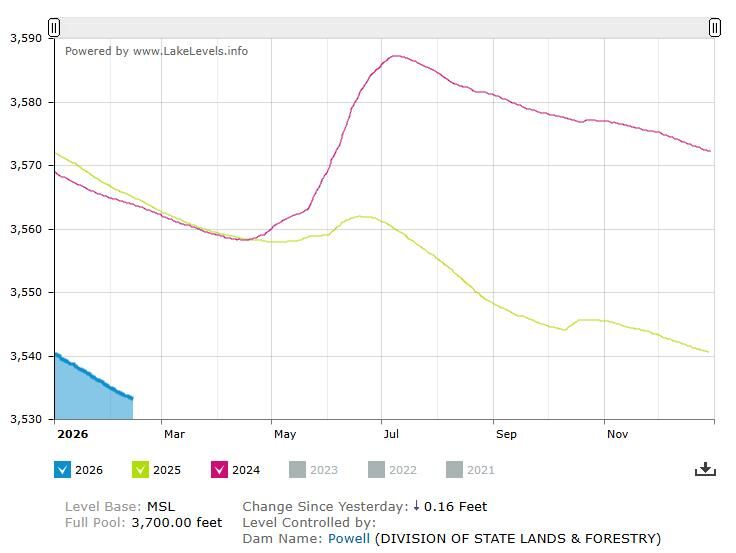Colorado tampon tax exemption clears first legislative hurdle
The tampon sales tax exemption for Colorado cleared its first House committee on a party line vote Monday.
Democrats characterized the estimated annual average of $1.71 each woman pays in state sales levy a “pink tax” that discriminates against women. The state budget would take a $1.2 million hit, if the exemption becomes law, according to legislative analysts.
“That doesn’t seem fair to me that we tax something that women have to have for a bodily function we cannot control,” said Rep. Susan Lontine, a Democrat from Denver who is sponsoring the House Bill 1127. “Folks I heard from felt it wasn’t fair and would like to see somebody do something about it and not just get e-mails and pat women on the head and say, ‘We know, but we can’t help it. It’s there.”
Rep. Polly Lawrence, a Republican from Roxborough Park, said it was singling out women for a tax break, but denying tax leniency for others on goods they need, including older people.
Lontine said men already pay less for clothes and most other items, compared to what women pay.
“We already have a special class for men, because they’re already getting charged less for many items,” Lontine responded. “Why not at least find something we can help women out with.”
She dismissed the fact that the savings per woman is low, saying that for lower-income families, every penny counts. Others who testified on the bill talked about the high cost of tampons. Legislative analysts said it’s an average about $60 per woman, but others who testified it’s about $100.
Kirsten Canfield testified is important to make such products as affordable as possible to help women with little money to pay for them, so they can change they regularly to avoid dire health problems.
“Taxing products that are medically necessary for women but for which there is no male equivalent unfairly burdens female consumers who already pay an average of 13 percent more for men for personal care products, a phenomenon known as the pink tax,” she said.
The issue has gotten interest nationwide since last year, when President Obama urged states that tax tampons to repeal them. Canada repealed the tax in 2014.











